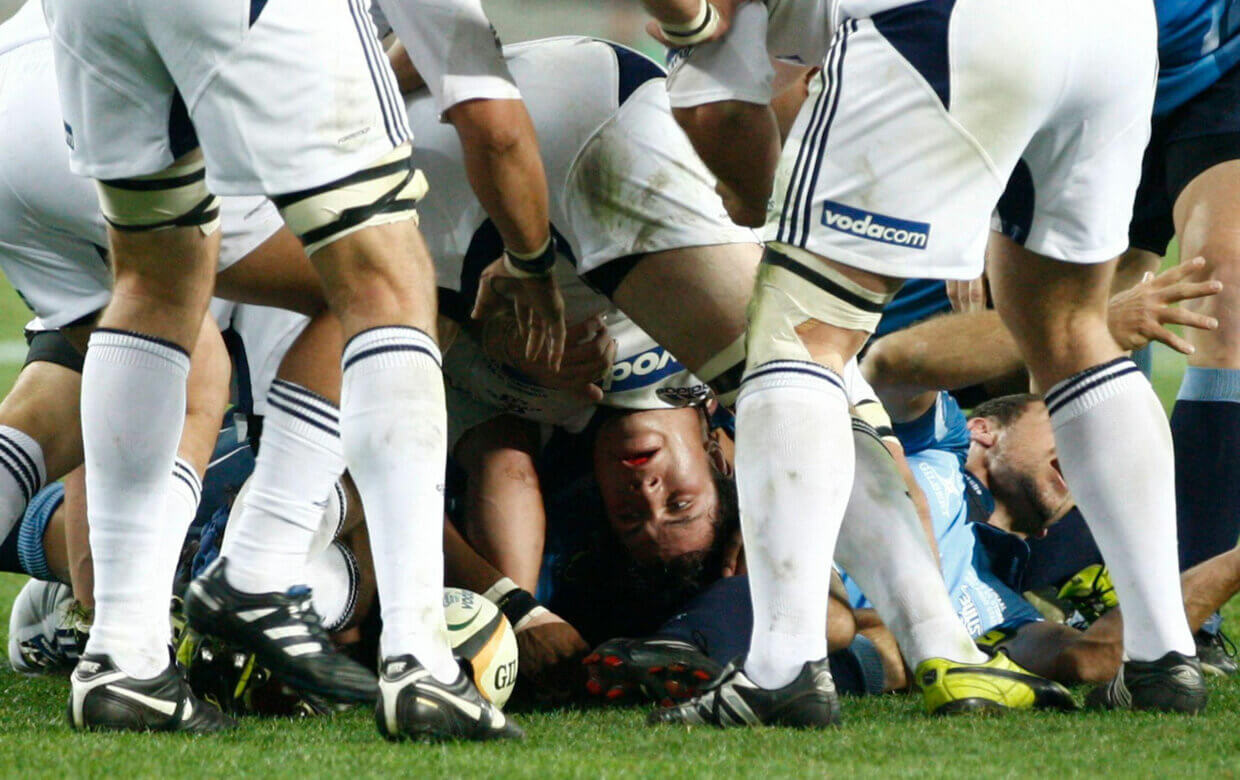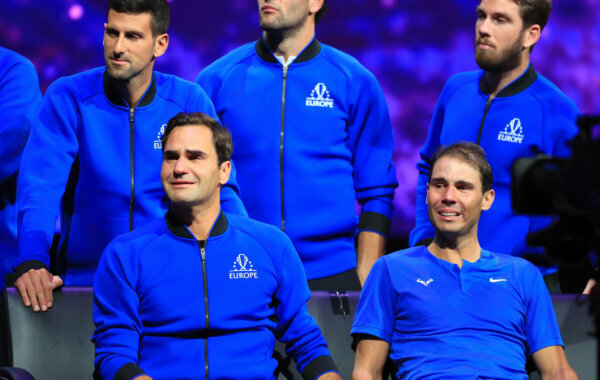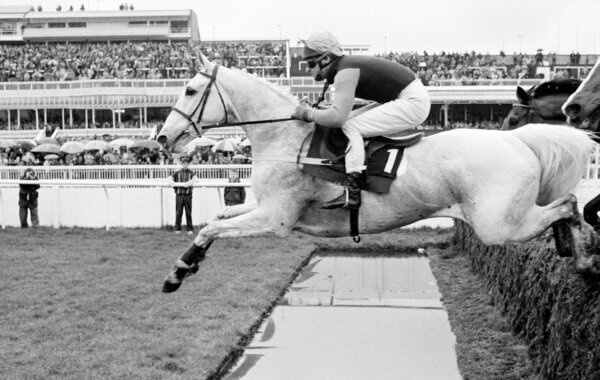England’s two biggest football clubs are conveniently hitting the market just as the World Cup in Qatar stimulates Middle East interest in the game, says Mark Pougatch.
If you were to make a list of the most overused terms during the Qatar World Cup, then up there with “false nine” and “low block” would be “sportswashing” and “soft power”.
There’s little doubt that Qatar’s desire to host the most watched global sporting event was as much about spreading its influence – and, by association that of the whole region – as it was about staging a football tournament.
Qatar’s stunning, illuminated skyline is throbbing on a nightly basis with dinners and deals, and it’s not a coincidence Liverpool have entered talks with Saudi Arabian and Qatari consortiums over a potential £3 billion deal now that the Fenway Sports Group have announced they’re intending to sell, at the very least, a stake at Anfield.
Indeed, it wouldn’t be a surprise if the competition from both Liverpool and Manchester United to entice bids from the Middle East isn’t as fiercely contested as anything in the latter stages of the World Cup.
Fenway’s signalling that they are prepared to sell part or all of Liverpool has clearly spooked Manchester United’s Glazer brothers into action, and they now seem to be rushing to the table before all the food has gone. You don’t become very successful businessmen by missing out on the best price.
The £300 million price tag for Newcastle may well turn out to be a bargain.
Newcastle United are already there, of course, after they were taken over by the Saudi Public Investment Fund (PIF) among others. The Saudis have been looking to diversify their revenue streams away from oil, which they know won’t last for ever, and sport has an obvious outlet for that – witness the Formula One and boxing as well as the football.
Given the figures being quoted for Liverpool and Manchester United, the £300 million price tag for Newcastle may turn out to be a bargain. Newcastle manager Eddie Howe has resisted the urge to dash around the supermarket with his new, go-faster trolley and is incrementally building up his squad.
It’s not impossible they will finish in the top four this season at all, but what’s clear is that, given the moniker of ‘the richest football club in the world’, if they continue on this path and get their signings right like they did with Bruno Guimaraes, then a tilt at the title itself may be closer than some think.
Allied to outstanding coaching and shrewd player recruitment, the security of knowing that money isn’t a problem means the mood on Tyneside has been transformed – and the Premier League’s biggest two beasts on sale may well prove irresistible to Middle East investors. It wouldn’t be a surprise if those were the sorts of conversations being had over fattoush and sushi in Doha’s West Bay restaurants.
We may be about to enter a new era in the Premier League where the biggest clubs are the preserve of owners from the Middle East.
Liverpool have done astonishingly well over the past five seasons to keep pace with Manchester City, given the financial disparity between the two clubs, and fans of Liverpool and Manchester United may well think with some justification that a takeover is now the only way to challenge City’s hegemony.
Neutrals will point out Arsenal’s encouraging season, but at the moment it’s no more than that, and Mikel Arteta knows that the Kroenke family’s largely self-sustaining model will push his coaching credentials to the limit. (That, and a lot of luck with injuries.) We may be about to enter a new era in the Premier League where the very biggest clubs are the preserve of owners from the Middle East.
For fans lower down the football pyramid, what will be significant in the short term will be the continuation of the Saturday 3 o’clock TV black-out. Americans can’t quite fathom that we’re not able to sit in our armchairs and watch our favourite teams on the television home and away every time – the black-out puts paid to that.
There’s no tradition of away fans in American sports, for very obvious geographical reasons, but I do feel strongly that the black-out should stay. The impact of lifting it wouldn’t be felt higher up the food chain – if you wanted to watch Tottenham at home or travel with Aston Villa, then I’m certain you still would.
But if you follow a non-league team in particular – and often fans have a non-league team as their ‘second team’ – then the consequences of looking out of the window, seeing it’s raining and then thinking, “No, I’m just going to watch Man Utd on my subscription instead” could be devastating for clubs that rely on clicking turnstiles – and all this just after the disruption from the Covid pandemic.
Money flooding in from abroad – and increasingly maybe from the Middle East – has been inevitable since Roman Abramovich, but the delicate balance of the English ecosystem can’t be threatened as a result.
Mark Pougatch has been in Qatar presenting ITV’s football coverage.








